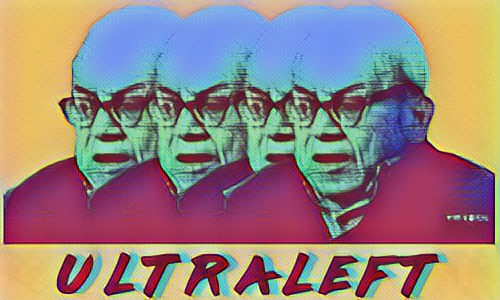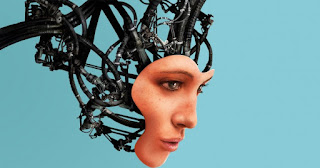Song of Gaia
The deeper web of life that is the Earth. The metaphysics of material via the indwelling of spirit in all of nature. Earth focused people should rediscover their Promethean ambitions and counter reactionary neo-Malthusian ideology that diminishes human flourishing and will not save the planet. Promethean optimism recognizes that while at each stage of our history, as the result of solving past problems, new problems are created, we then must work - and often work very hard indeed - to overcome them. This is the principle of social sustainability - which Hans Jonas calls the “Imperative of Responsibility.” The pragmatic rule to give prophecy of doom priority over the prophecy of bliss. Due to our Promethean power, the whole biosphere of the planet - has been added to what we must be responsible for because of our power over it. Nature as a human responsibility is surely a question for Earth-centered ethical theory. However it is the goddess Gaia that we must turn to for inspiration on this Earth day.
For on this Earth day, I would like to relinquish all attachment to humanity as a closed off concept. What we find in human aliveness is the same vivid life we encounter all throughout this spectacular planet. On this Earth day, I give up my clinging onto a seperate ego self that wants to consume and grow without the imperative of responsibility. This is what it means to live and coexist with all of nature. The loss of the ego self and a return to the nurturing spirit of Mother Earth. A kind of spiritual experience in communing with spirits of Nature.
This spiritual experience is what Tillich spoke about as the Ground of Being. It is through communion with the Earth that we are invited into deeper metaphysics. This is known in deep ecology and ecopsychology as the “ecological self.” The idea of an ecological self is based on the belief that true human maturity is reached only when one’s idea of self is not confined to one’s body and/or ego. This is referred to by Tillich as the “multidimensional unity of life.” One fundamental component of deep ecology is its belief that a philosophical or religious ultimate informs and guides one’s actions. This is consistent with Tillich’s oft-stated belief that humans have an Ultimate Concern.
Thus for this Earth day, I am immersed in the immense beauty of the natural world. May every day serve as a day to bathe in the splendor of life that inhabits this planet. But even more important is a sacred reverence for Mother Nature and to behold her suffering and mourn with her. Earth Gospel offers many voices of sages across time who contemplate the beauty and delicate nature of our home: planet Earth. If you listen closely you can hear the song of the Earth playing softly but from the depths of the planet itself in origin. There is joy, honor and exaltation in every stanza of this song. Like the glorious Psalm calls on the praise of all this planet’s abundance. As the sun comes up to warm the earth, as the rain falls down and renews life, as winter covers earth in quiet calm, as the spring arrives to remind us of new life.
Moreover, ecofeminism helps us see that we are all connected, that divisions such as human and nonhuman, are false binaries—and that by harming nonhuman forms of life, we harm ourselves. Ecofeminism asks that we eliminate all forms of “power over,” and that we live in equity with all biotic life. As Ariel Kay Salleh concludes “to make a better world, men have to be brave enough to rediscover and to love the woman inside themselves, while women have to be allowed to love what we are.” Connecting to the sacred feminine is the direct path towards the community with the Earth.
Ritual is the so called “pattern that connects” in an essay by Dolores LaChapelle. By examining ritual across idegenous cultures we see how human and nonhuman life can be expressively connected in a dance of nature and culture communing. Most native societies around the world have three common characteristics: they have an intimate; conscious relationship with their place, they are stable “sustainable” cultures; and they have rich ceremonial and ritual life. On this Earth day, I engage in a ritual for life. Not just my life, but all human life. Not just human life but all biotic life. No just biotic life but all the material world that sustains life.
My Ultimate Concern is for the suffering of Gaia. To partake in a ritual to take time out of each day to feel for her pain without accepting this vulnerability as a weakness. This is the ultimate ritual for life.




Comments
Post a Comment